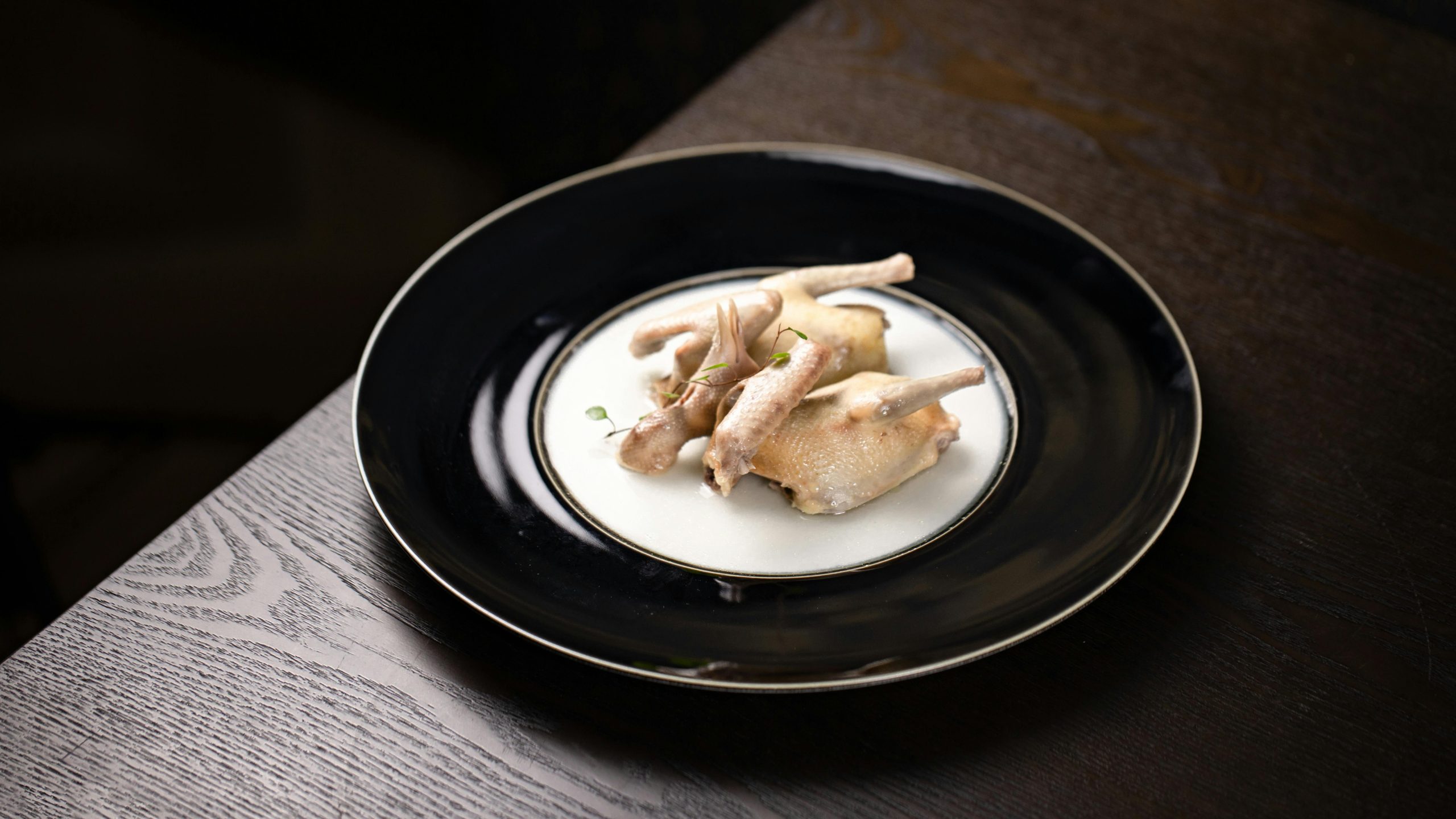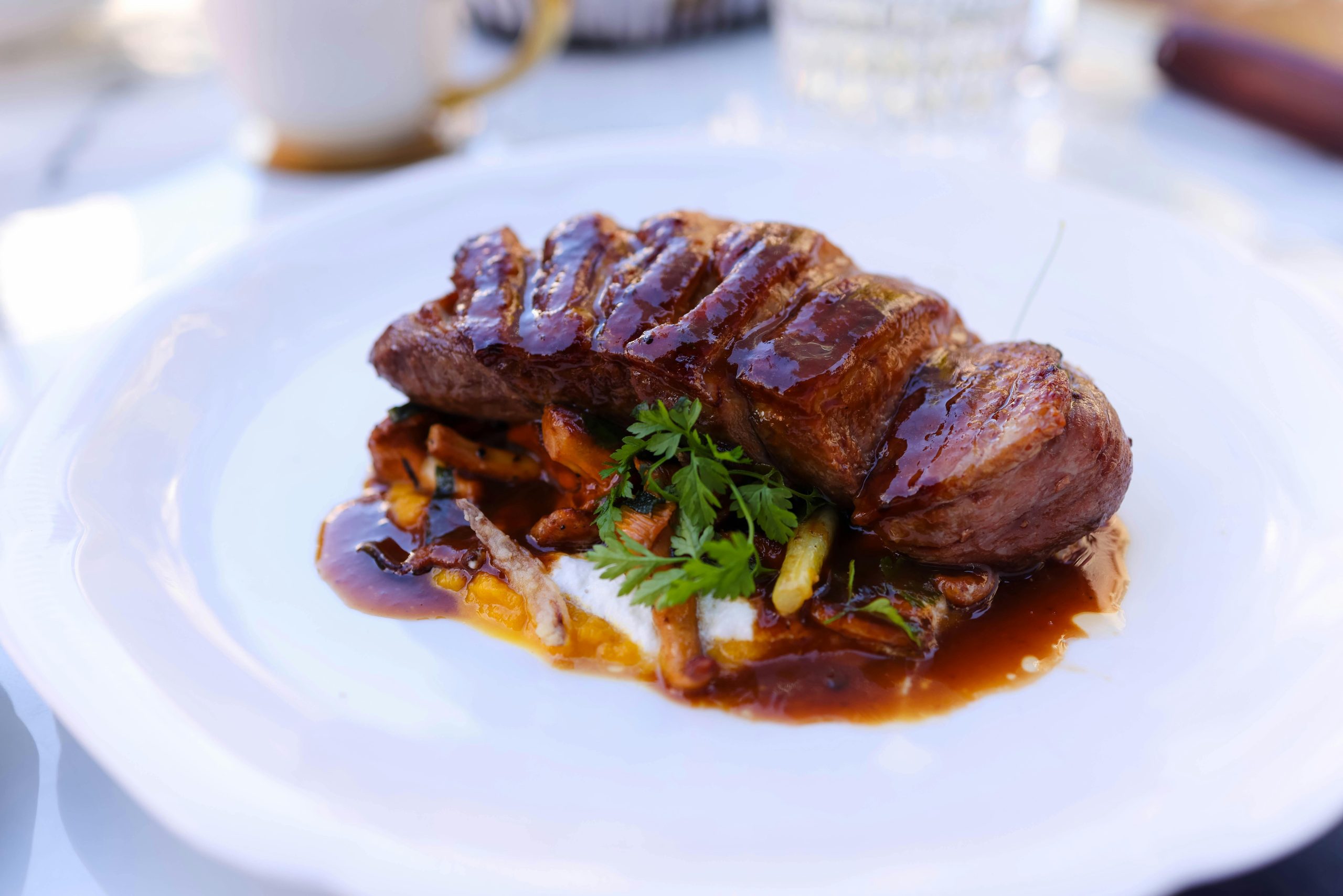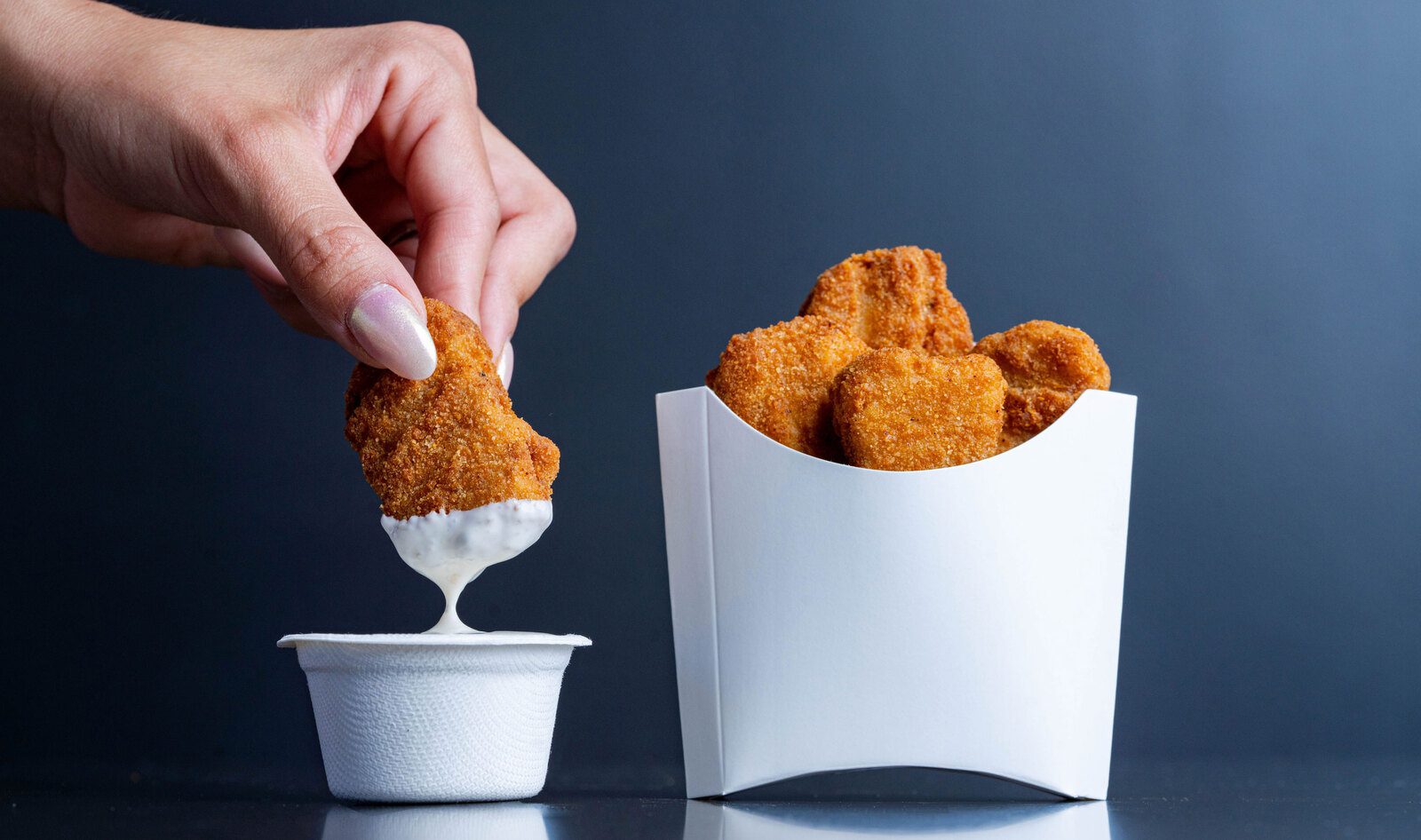The Food Standards Australia New Zealand agency has advanced in a big way toward approval of Vow Group’s cell-cultured quail, a breakthrough in the field of meat cultivation. Following a deep scientific review, FSANZ confirmed the safety of the product by opening a second phase of public consultation. This review indeed concluded that Vow’s cell-cultured quail is free of toxicological, nutritional, or allergenic risks, and hence it has really opened up new horizons for cultivated meat in both Australia and New Zealand.
Vow’s Vision for Sustainable Protein: The Path to Cell-Cultured Quail
Mapping the Route to Cultured Quail Vow Group has made a formal application to FSANZ in the process for a change in the food standards code and seeking regulatory approval for its novel cultured quail product in February 2023. This is the very first Australian-developed cell-cultured meat going through the rigorous evaluation by FSANZ and hence opens the way for other cultured meat products in the region.
The overarching objective of Vow is to make its quail product an alternative source of sustainable protein that satisfies a surging demand for ethical and environmentally friendly food.
That is quite notable, given the commitment of Vow Group to transparency and high standards of safety. The process has taken careful research to meet FSANZ’s requirement for safety assessment, covering analysis of the composition, nutritional value, and any potential allergens in its product. With rising public awareness and interest in sustainable food choices, Vow’s cell-cultured quail might just be the leading edge in adopting new, high-protein choices that meet consumer values.

Quailia: Cultivated Quail Takes Flight in Global Markets
Vow took Singaporean consumers on an Apron Strings ride with its cell-cultured quail back in April this year. The brand name was ‘Forged’, but the product was marketed as ‘Quailia’. Being only the third company in the world to get approval for the selling of cultivated meat—after Eat Just’s cultivated chicken and Upside Foods‘ cultivated meat products—this launch marked Vow. That allowed the Singaporean debut to collect important consumer feedback and tweak its approach before going in front of FSANZ.
Quailia’s success in Singapore is a strong signal about interest in cell-cultured meats; it shows that consumers are open to new sustainable sources of protein. This allowed Vow to truly test the waters by rising with any concerns and building a stronghold before they actually launched in Australia and New Zealand. That international learning has now given Vow a place as a leader and knowledge that can help move the dial on the acceptance of lab-grown meat in Oceania and beyond.
Public Consultation and FSANZ’s Role in Cultivated Meat Standards
The Importance of Public Engagement in Food Standard Revisions
A second and important part of the regulatory process is the public consultation round announced by FSANZ, whereby consumers, industry stakeholders, and experts could comment. Public consultation provides transparency about new food technologies and helps to build public confidence, as any question or concern raised would be addressed before final approval. It would mean FSANZ could leverage such consultations on labeling, uses, and the safety of the products—those critical issues for ensuring that the introduction of cell cultured quail does indeed align with the public interest.
It will also be a time of consultation that demonstrates FSANZ’s commitment to inclusivity in the decision-making process. The public engagement through this medium will see FSANZ talking down myths about cultivated meat and generally increasing its public awareness of its environmental and ethical benefits. If approved, Vow’s cultured quail will set up its products for greater acceptance and understanding of cell-based proteins among Australian and New Zealand consumers.
Potential Market Applications for Vow’s Cell-Cultured Quail
The application, subject to regulatory approval, involves cultivated quail cells as a principal ingredient in a range of food products, from quail patties and rolls to logs. This kind of versatility opens up so many possibilities for food manufacturers and chefs to bring sustainable protein into countless different culinary creations. The variety of quail forms will enable Vow to cater to a really broad consumer base, ranging from those wanting to offer gourmet dining experiences to those seeking convenience in ready-to-cook meals.
Such approvals could also further encourage innovation in the cultivated meat sector, with more companies incentivized to move into cell-cultured alternatives. With the right support, cultivated meat could transcend niche products and become a staple in mainstream food markets—making a future with sustainable protein choices possible for all.

Cultivated Meat and the Path Forward in Australia and New Zealand
Australia’s Role as a Hub for Food Innovation
If approved by FSANZ, Vow’s cell-cultured quail would be the first of its kind to be retailed in both Australia and New Zealand, hence setting a precedent within the Oceania region for any future developments in this regard. Approval of such a product would further cement Australia’s position as a benchmark for food innovation and sustainable agriculture, inspiring further research and development in the region.
With this market for cultivated meat expected to grow quickly, Australia could become the hub for cell-cultured food products globally. As such, local economies can expect more investments and jobs created in this new frontier. These innovations in food technologies, apart from bringing economic opportunities, complement global efforts toward reducing the environmental footprint of traditional agriculture. Vow made the pioneering move, and its success could further catalyze the food sustainability sources of innovation and investment in this regard.
Cultivated Meat: A Solution to Environmental and Ethical Concerns
The environmental benefits of cultivated meat are substantial, addressing many of the pressing challenges associated with conventional meat production, such as high greenhouse gas emissions, water usage, and land degradation. By growing meat directly from animal cells, companies like Vow reduce the need for traditional farming practices, which often contribute to deforestation and habitat loss. Cultivated meat also has the potential to improve animal welfare, as it eliminates the need to raise and slaughter animals for food.
With sustainability and ethical considerations increasingly influencing consumer choices, Vow’s cultured quail is poised to attract environmentally conscious consumers. For those who wish to enjoy meat without the associated environmental impact, cultivated meat represents a viable alternative that aligns with personal values. As cultivated meat gains acceptance, it could play a pivotal role in meeting future protein demands in a way that respects both the planet and its inhabitants.

Conclusion: A New Chapter in Food Standards and Sustainability
The FSANZ’s evaluation of Vow’s cell cultured quail and the subsequent public consultation mark a historic moment for the food industry in Australia and New Zealand. If approved, this innovative product will set a precedent for future cultivated meat approvals, paving the way for more sustainable, ethical, and eco-friendly protein options. Vow’s Quailia product exemplifies the possibilities within the cultivated meat sector, and its success could inspire other companies to follow suit.
As the world moves toward a more sustainable future, Vow’s cell cultured quail offers a glimpse into a food system where consumer preferences, environmental stewardship, and technological advancements converge. Through continued collaboration between regulatory bodies, industry leaders, and the public, the cultivated meat industry can bring forth lasting change in how we source, produce, and enjoy food. The journey is just beginning, and with FSANZ’s support, Vow’s Quailia may soon be a staple on plates across Australia and New Zealand.








